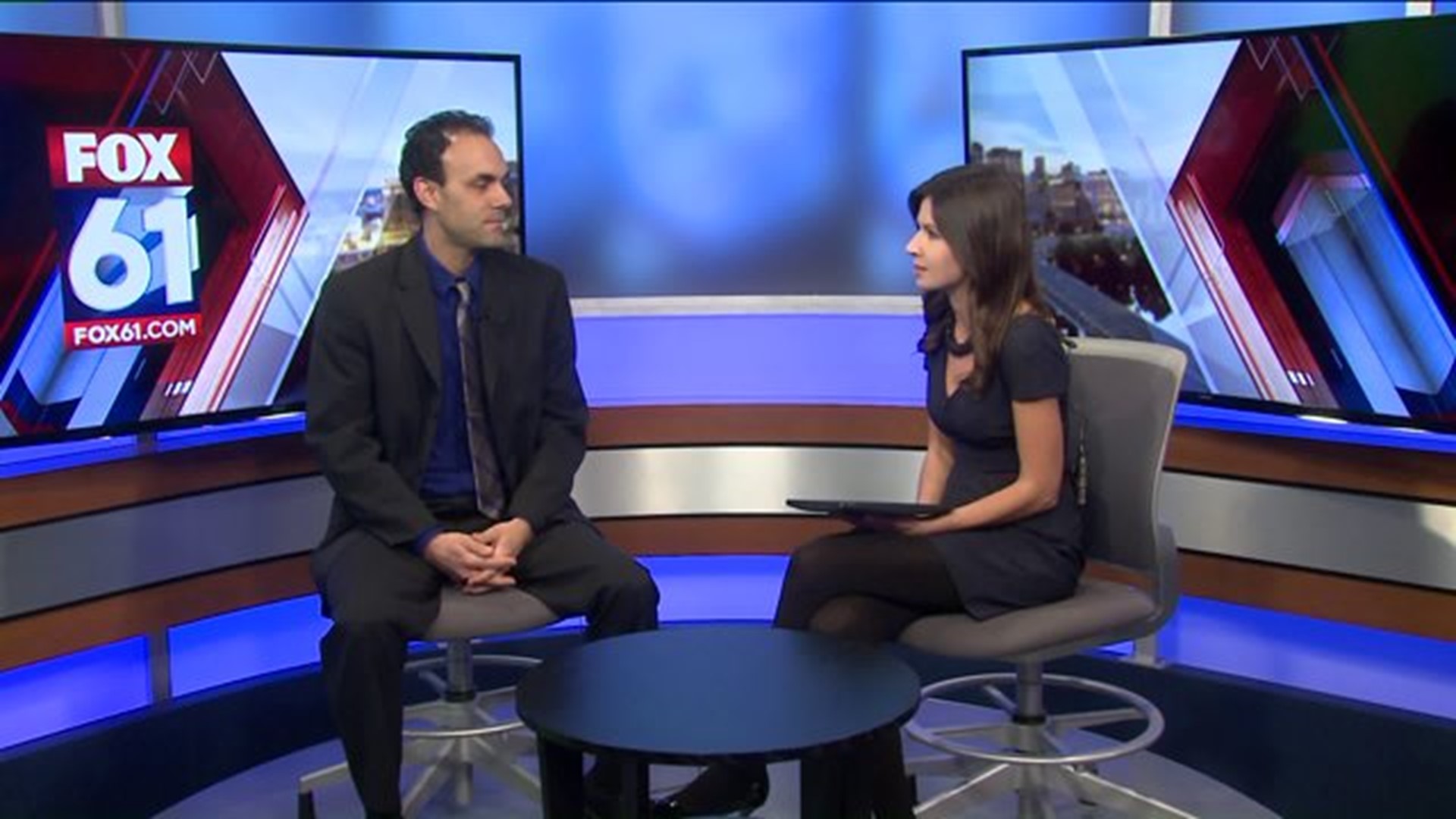April is "Stress Awareness" month and at some level, everyone is dealing with stress. Stress is a universal phenomenon that affects all human beings in some way shape or form. It is the body's natural response to changes or any taxing demand on the mind and body. Historically speaking, our bodies are designed to efficiently respond to different types of stress that our prehistoric ancestors experienced such as warding off a charging herd of buffalo or fighting for food, as opposed to the types of stress we face in our contemporary, technological society with incoming text messages and cell phones ringing. Our bodies go through a series of stages where a hormone called cortisol is released in an attempt to bring our body back to balance (homeostasis) and blood is sent to the brain and skeletal muscles where as digestion and immune system functions slow down and heart rate, blood pressure and breathing speed up. Chronic release of this hormone can lead to stress-related health disorders such as obesity, high blood pressure, arteriosclerosis, kidney disease, arthritis, allergic reactions, etc.
Stress doesn't always have to be triggered by external sources. Internal thoughts can act as stressors, such as fears, repetitive negative thought patterns, worrying about future events or having an unrealistic or perfectionistic mindset or expectations about things. Different people may deal with the stress of a particular event in different ways. One person stuck in traffic may become impatient while another person remains calm and patient.
Stress depends on a number of factors including
- A person's genetic makeup,
- One's perception of the situation,
- The timing, duration, and intensity of the event and
- Whether or not a person has the necessary skills or strategies to cope with change and different life challenges.
If you look at it from the vantage point of what I call the four components of obtaining super health: eat, exercise, sleep, and think well. For eating, when busy people are feeling stressed, they also start feeling fatigued and may turn to unhealthy, comforting food choices high in sugar and fat and consume caffeinated beverages. I would say to cut down on those products as they can increase anxiety and a feeling of being on edge. Rather, increase water intake and consume foods of high nutritional value. Exercise is a great stress reducer and dedicating a minimum of 30 minutes of physical activity produces endorphins, natural painkillers that help reduce stress. This also in turn helps improve a person's ability to sleep which is one of the most important things that a person can do to lower overall stress levels. Without good sleep, thinking is impaired to a certain degree. And thinking well is the foundation of overall health. Dedicating time each day to some form of meditation is a great way to set the tone for the entire day. This could be as simple as visualization or imagery techniques which are forms of guided meditation, diaphragmatic breathing exercises, or engaging in doing Yoga, Pilates, or Tai Chi (one of my personal favorites as a form of moving meditation) and to decompress with different relaxation techniques such as EFT tapping, progressive muscle relaxation, massages, taking a daily walk, playing with a pet, or engaging in simple stress-relieving activities such as listening to relaxing music, watching something funny, getting in nature and away from technology, and color or creative therapy through stress relief coloring and drawing books.
If you go to my website, www.doughaddad.com, you can receive a free PDF manual that is a workbook titled 30 Days to Finding You And Start Living the Life You Imagined that will take people through identifying sources of stresses and sources of inspiration. I highlight the key points of going on an "information fast/digital detox" and how to practice being more "mindful" and being more present when we are always moving and thinking of where we need to be next or what we need to be doing next. For more information, you can e-mail me at drdoug@doughaddad.com.
-- Dr. Doug Haddad

